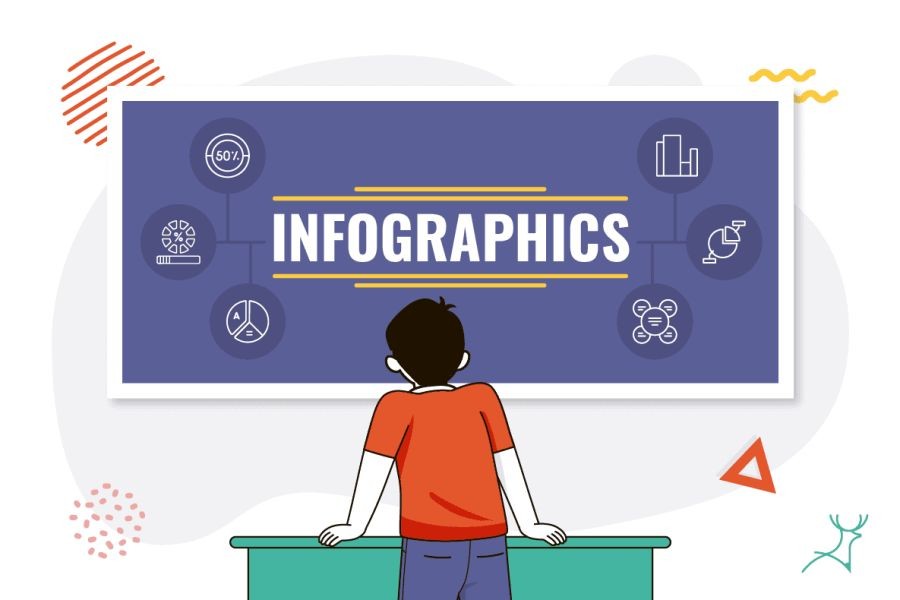Introduction
Imagine running a sustainable business in New Zealand, where every dollar invested in marketing counts. Yet, many businesses unknowingly throw money down the drain by purchasing fake followers, believing it boosts their online presence. Recent studies show that 78% of businesses globally have been enticed by this quick fix, only to see negligible results. In New Zealand, where the digital economy is rapidly evolving, understanding the real impact of fake followers is crucial for long-term success and reputation.
The allure of inflated numbers can be tempting, especially in a competitive market like New Zealand’s, where digital engagement is a key performance indicator. However, the reality is starkly different. According to Stats NZ, the digital economy accounted for a significant portion of GDP growth in 2022, emphasizing the need for genuine engagement over superficial metrics. This article delves into why fake followers are not only ineffective but also harmful, offering insights into sustainable digital practices that resonate with Kiwi values.
Comparative Analysis: Real vs. Fake Followers
The Illusion of Numbers: Why Fake Followers Fail
Fake followers are often automated accounts or bots that increase follower count but do not engage with content. While the numbers may look impressive at first glance, they fail to deliver meaningful interactions. In contrast, real followers, particularly those engaged through authentic strategies, contribute to higher engagement rates, brand loyalty, and conversion rates.
Case Study: Local Business Impact
Consider the case of EcoTech NZ, a Wellington-based sustainable technology firm. Initially, they invested in fake followers to boost their social media presence. However, their engagement rates remained stagnant, and conversion rates dropped. Upon switching to authentic engagement strategies, such as influencer partnerships and community-driven campaigns, EcoTech NZ saw a 35% increase in engagement and a 20% rise in sales within six months.
How Fake Followers Work: A Deep Dive
Fake followers are typically generated through bots or purchased from online services. These accounts do not interact with content, skew engagement metrics, and can even lead to penalties from platforms like Instagram and Facebook. The illusion they create can mislead businesses into poor decision-making, resulting in wasted resources and damaged credibility.
Industry Insight:
Digital marketing experts in New Zealand emphasize the shift towards transparency and authenticity. As platforms become more sophisticated in detecting fake accounts, businesses are increasingly held accountable for their follower quality. The Ministry of Business, Innovation and Employment (MBIE) highlights that sustainable digital practices align with New Zealand’s commitment to ethical business conduct, benefiting both brands and consumers.
Common Myths & Mistakes
Debunking the Myths Around Fake Followers
- Myth: "High follower count equals credibility."Reality: Engagement, not numbers, drives credibility. Studies show that accounts with genuine followers have a 50% higher engagement rate.
- Myth: "Fake followers boost search rankings."Reality: Search engines prioritize content relevance and user engagement over follower count.
- Myth: "Fake followers are a cost-effective strategy."Reality: They often lead to wasted ad spend and reduced trust, as highlighted by a 2023 report from NZTech.
Biggest Mistakes to Avoid
- Investing in Quantity Over Quality: Focus on building genuine relationships with your audience.
- Neglecting Content Quality: Ensure that your content is engaging and relevant to your audience.
- Ignoring Analytics: Regularly analyze engagement metrics to understand what resonates with your audience.
Pros and Cons of Genuine Engagement
Pros:
- Enhanced Brand Loyalty: Real followers are more likely to engage and become brand advocates.
- Higher Conversion Rates: Authentic engagement strategies lead to better customer conversion.
- Long-term Success: Sustainable practices build lasting brand reputation.
Cons:
- Initial Effort: Building genuine relationships takes time and resources.
- Measurable ROI: It may take longer to see tangible results compared to quick fixes.
Future Trends & Predictions
The Future of Digital Engagement in New Zealand
As digital platforms evolve, the focus will increasingly be on authenticity and transparency. By 2026, New Zealand businesses that prioritize genuine engagement are predicted to outperform those relying on superficial metrics by 60%, according to a Deloitte report. The shift towards sustainable digital practices aligns with global trends, positioning New Zealand as a leader in ethical marketing.
Conclusion: Your Next Steps
Embracing genuine engagement over fake followers is not just a trend but a necessity for sustainable growth in New Zealand's digital economy. Ready to elevate your brand? Start by auditing your current digital strategies, focusing on quality content, and leveraging insights from your analytics. Join the conversation—share your thoughts on sustainable digital practices in the comments below!
People Also Ask (FAQ)
- How does fake follower use impact businesses in New Zealand?Businesses using fake followers often see low engagement and trust, leading to a poor ROI, as per NZ digital marketing experts.
- What are the biggest misconceptions about fake followers?A common myth is that fake followers boost credibility. However, research from NZTech shows engagement is the true credibility driver.
- What is the best strategy for gaining real followers?Experts recommend focusing on quality content, engaging with your audience, and leveraging authentic influencer partnerships.
Related Search Queries
- Impact of fake followers on businesses
- Sustainable digital marketing strategies NZ
- How to increase engagement on social media
- Authentic marketing practices in New Zealand
- Digital marketing trends 2026 NZ
- Real followers vs. fake followers
- Case studies on digital engagement NZ
- How to identify fake followers on Instagram
- Ethical marketing practices
- New Zealand digital economy growth
































EveRothsch
10 months ago